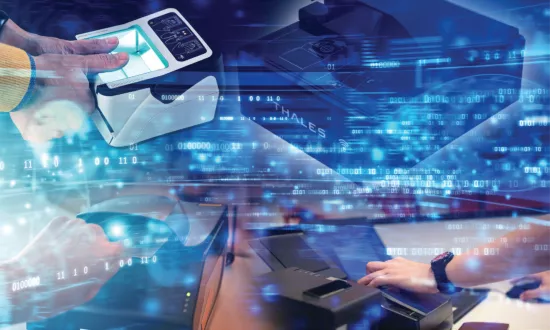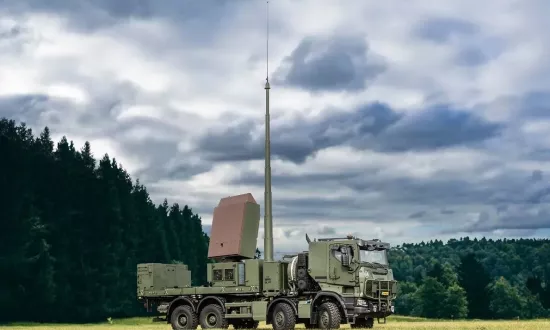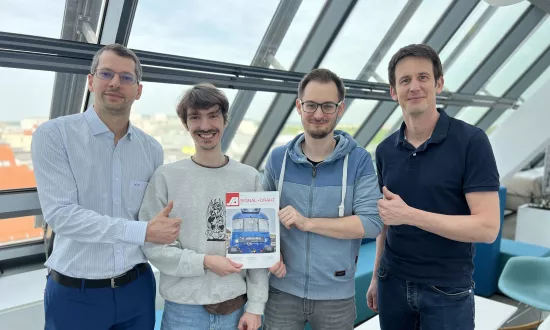Understanding innovation – the UK’s lifeline to the future
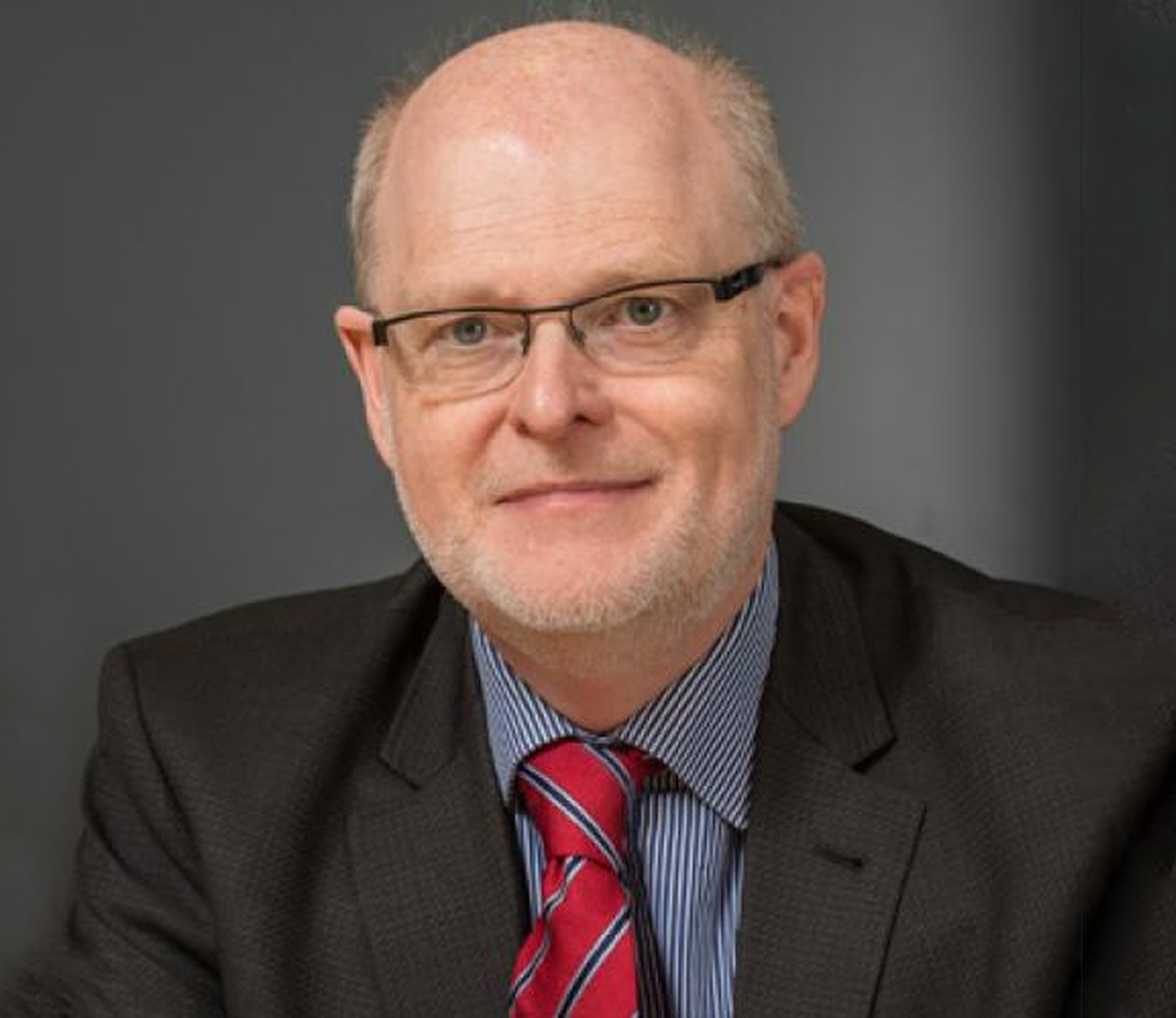
In a post-pandemic, post-Brexit future, a culture of innovation will be a key differentiator for the UK economy. And it is probably more important now than at any time since the end of WWII. Thales’ Chief Technology Officer Dr Paul Gosling took time out of his busy schedule to share his thoughts on the heightened importance of innovation in these challenging times.
Q. Why is innovation, rather than invention, so important?
It’s all about the future. If an enterprise has a culture of innovation it will thrive and adapt to changing socio-economic dynamics. But invention, on the other hand, is all about short-term gain. The moment that someone invents something better you’ve lost your revenue stream. But an agile and innovative company will always be ahead of the curve.
It is through the agility of innovation that the UK can maintain a competitive edge on the world stage. Innovation supports and enhances our sovereign capabilities. It drives economic growth. It is the added value of our nation.
Right now, we are facing the twin challenges of a post-Brexit economy and Covid-19. Our ability to innovate will be the driver which creates, identifies and exploits opportunities and helps us to thrive. A culture of innovation is essential if we want to remain as a key player on the world stage.
Q. How do you drive innovation?
The short answer is you don’t. You can’t shut a group of people into a room and say, ‘today you’re going to innovate’. That won’t work. What you can do is to create a culture which encourages creativity and free-thinking; a culture which doesn’t heap scorn on ‘whacky’ ideas. Innovation depends on the will to change and change can be uncomfortable. So it's important to bring people together to share their thoughts in an environment in which they don't feel exposed to ridicule.
Q. How do you do that in lockdown?
We already had the tools to collaborate remotely and to bounce ideas around – Zoom, Teams, Skype: all the web conferencing tools: video, audio and file sharing – but we’ve never really had to use them to any great extent. But that’s all changed now, and we’ve adopted a new way of working.
That could be good for innovation. Not only are we forced to interact in a new and novel way, but it’s arguably easier to propose and discuss the more unusual ideas when you’re not face to face.
Q. Thales has recently been independently recognised as one of the top 100 (out of 14,000) world innovators. What’s the secret?
Yes – the Clarivate awards. This is the seventh consecutive year that we have been recognised.
We recruit very carefully, and we have a lot of extremely highly qualified people; people with a tremendous amount of hands on experience - sometimes from the military, sometimes from industry, sometimes from academia. In a workforce of 80,000, we have 30,000 engineers and 3,500 inventors. We operate in 68 countries across five keys sectors: Aerospace, Space, Ground Transportation, Digital Identity & Security, and Defence & Security. That’s a lot of know-how, a lot of creativity. And the potential for cross-fertilisation - which is a powerful driver for innovation - is huge.
Q. What are some recent examples of Thales’s innovation?
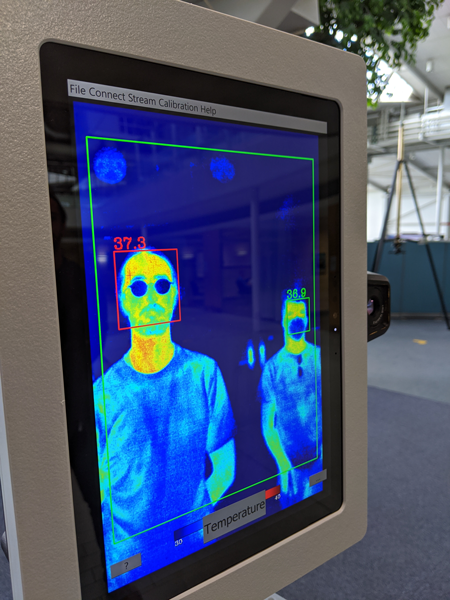
A recent example is the use of drones to deliver COVID-19 test kits, to remote Scottish islands. All the component parts of the solution were there - payload-carrying drones which can navigate beyond the line of sight, land, take off again and return - but the pandemic created an urgent imperative. Using drones and our mission planning platform we turned a 6-hour one-way trip into a drone flight of just 15 minutes.
Q. Has the pandemic prompted other innovations?
It’s certainly prompted a wider collaboration, not just within Thales but with our partners and customers. That’s important. In a crisis, even if you’re not going to manufacture a particular piece of equipment, there is a moral responsibility to share your expertise and resources with people who do.
For example, we worked with the VentilatorChallengeUK consortium as part of a response to an urgent request for more ventilators at the start of the pandemic. Thales doesn’t make ventilators, but we do know about manufacturing to urgent requirements. By sharing this expertise through a form of digital training that is ordinarily reserved for our military customers, we helped to increase the production from less than 50 to more than 1,000 ventilators per week.
Q. What are some of the other examples of Thales’s innovations, which are making a difference to our lives?
Working with the Queen Elizabeth hospital in Glasgow, we combined a thermal camera with AI (artificial intelligence) to detect symptoms of Covid-19. Unlike other systems it has the accuracy to differentiate between genuine symptoms and instances where people are just hot and sweaty. Again, much of the technology already existed but we improved (the AI) and applied it. Necessity is the mother of innovation, if not invention.
Q. What do you see happening in the future?
Let’s be clear: these are very uncertain times. Brexit alone is a challenge. And we have the huge economic damage caused by the pandemic, with some experts predicting a second and subsequent waves. Perhaps there will be a vaccine, perhaps not. In the meantime, we all have to accept that the world – and the ways in which we work and live together – has changed, perhaps for ever.
We must adapt. We must evolve. We must innovate.
